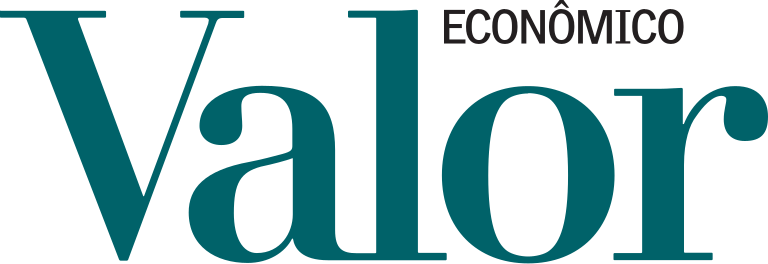Soberania sanitária e a próxima crise da saúde global
14 April 2025

14 April 2025
Brazil must urgently reduce its dependence on imports and improve access to effective and affordable antibiotics—both new and existing ones.
The announcement of Butantan-DV, the new dengue vaccine developed by the Butantan Institute, is a great source of national pride for Brazilians. As the first vaccine entirely developed and produced in Brazil, it will help not only to protect the lives of millions, but also to drive national development. This is the Health Economic-Industrial Complex (CEIS, by its Portuguese acronym) in action and a clear demonstration of how the domestic market can play a strategic role in supporting innovation and strengthening Brazil’s national healthcare system, Sistema Único de Saúde.
This same model, combining innovation, the State’s purchasing power, and partnerships between public laboratories and private companies, can and should also be used to develop and produce other health technologies. Antibiotics, in particular, deserve special attention.